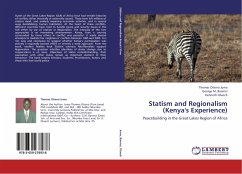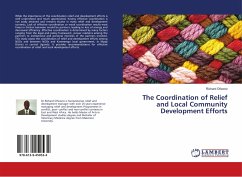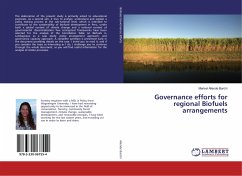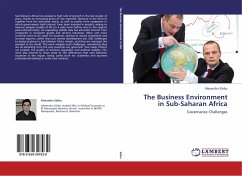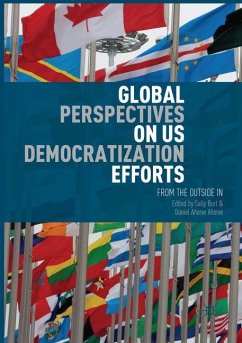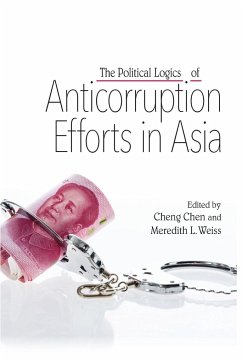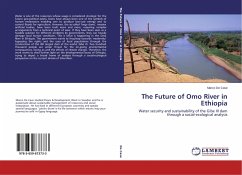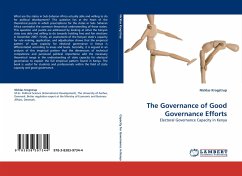
The Governance of Good Governance Efforts
Electoral Governance Capacity in Kenya
Versandkostenfrei!
Versandfertig in 6-10 Tagen
32,99 €
inkl. MwSt.

PAYBACK Punkte
16 °P sammeln!
What are the states in Sub-Saharan Africa actually able and willing to do for political development? This question lies at the heart of the theoretical puzzle in which prescriptions for the states in Sub- Saharan Africa contradict the common theoretical understanding of these states. This question and puzzle are addressed by looking at what the Kenyan state was able and willing to do towards holding free and fair elections in December 2007. Firstly, an assessment of the Kenyan state's capacity for rule making, application, and adjudication shows that the empirical pattern of state capacity for...
What are the states in Sub-Saharan Africa actually able and willing to do for political development? This question lies at the heart of the theoretical puzzle in which prescriptions for the states in Sub- Saharan Africa contradict the common theoretical understanding of these states. This question and puzzle are addressed by looking at what the Kenyan state was able and willing to do towards holding free and fair elections in December 2007. Firstly, an assessment of the Kenyan state's capacity for rule making, application, and adjudication shows that the empirical pattern of state capacity for electoral governance in Kenya is differentiated according to areas and levels. Secondly, it is argued in an analysis of this empirical pattern that the dimensions of technical competence and perceived political importance add the necessary theoretical range in the understanding of state capacity for electoral governance to explain the full empirical pattern found in Kenya. The book is useful for students and professionals within the field of state capacity and good governance.



